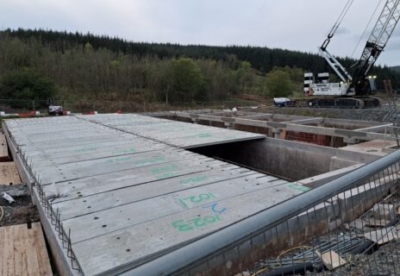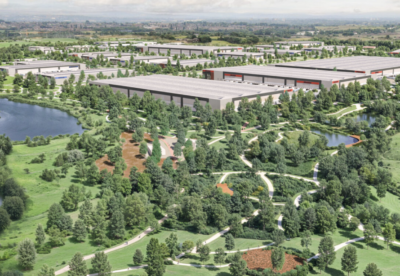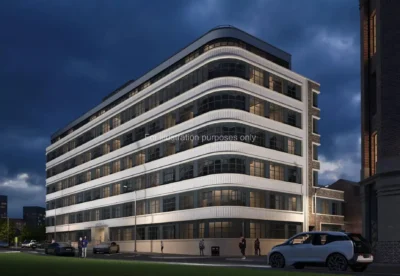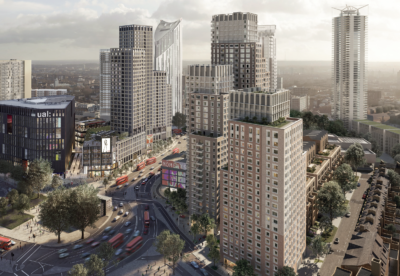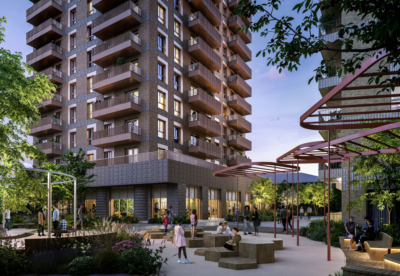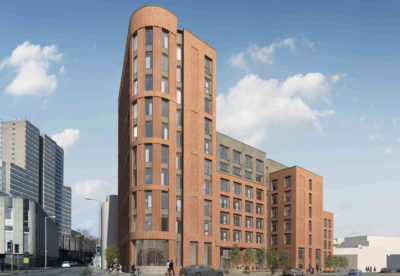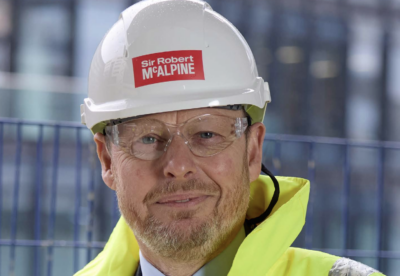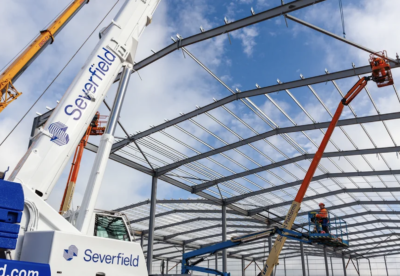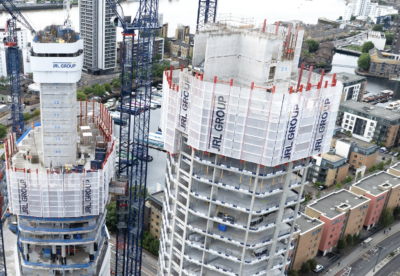Business and Energy Secretary Greg Clark has revealed more details of the deal supported by £170m of government investment and £250m of match funding from industry.
The initiative has four clear targets to be achieved by 2025:
- 33% reduction in the cost of construction and the whole life cost of assets
- 50% reduction in the time taken from beginning-to-end of new build and refurbished assets
- 50% reduction in greenhouse gas emissions in the built environment
- 50% reduction in the trade gap between total exports and total imports of construction products and materials
The government said its modernisation plans will “prepare the UK construction sector for the future, helping companies build better performing buildings and infrastructure at a greater speed and reduced cost, while supporting the government’s ambitious programmes in both infrastructure and housing.”
It said construction can be transformed through better adoption of digital and manufacturing technologies and training the next generation of workers with new skills.
The deal will “bring together the construction, manufacturing, energy and digital sectors in a new hub to commercialise technologies capable of building assets which are both cost effective and energy efficient.”
Clark said: “The Sector Deal we have announced today will see government and industry working together to support, invest and transform the construction sector, creating high-skilled and well-paying jobs, while delivering more housing for people across the country.
“The agreement embodies our vision for a modern Industrial Strategy, with government and industry working together in a strategic partnership towards the common goal of higher productivity, and a more skilled construction workforce with more earning power.”
Andrew Wolstenholme, Chair of the Construction Leadership Council said: “We have a golden opportunity to reap economic gains from improved productivity and the more efficient construction of assets, creating high-skilled, well-paid jobs in all parts of the UK and driving up exports to the global infrastructure market.”
The Centre for Digital Built Britain has also been launched at the University of Cambridge to develop BIM, sensors, data analytics and smart systems technologies that can be embedded in new building projects.
The government is also investing £1.4m in a research project called ‘Building for 2050’ led by AECOM.
The project is gathering evidence from three housing developments located in Swansea, Bristol and Manchester with the aim of uncovering the barriers to developing low cost, low carbon housing.
The project will test innovative methods of construction and will involve working closely with households throughout the project to track their views.







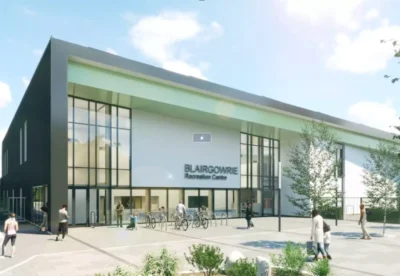
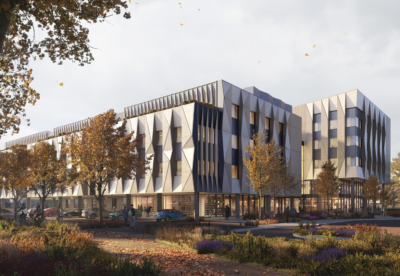
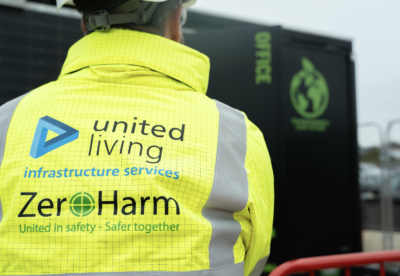



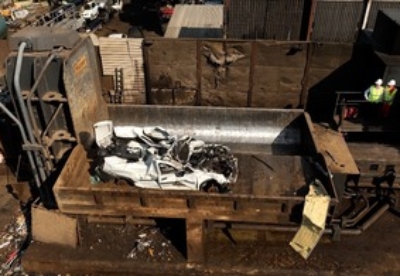

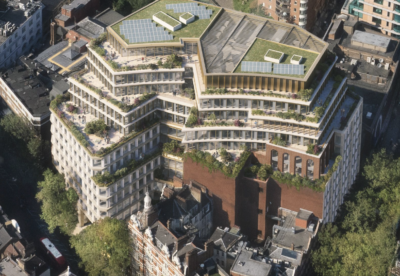
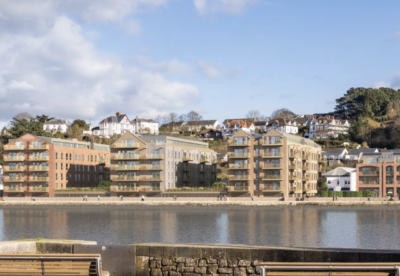
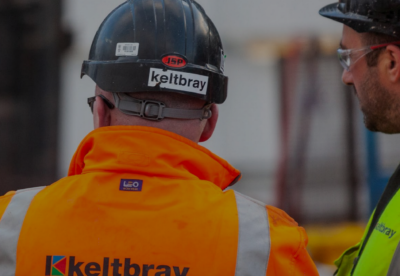


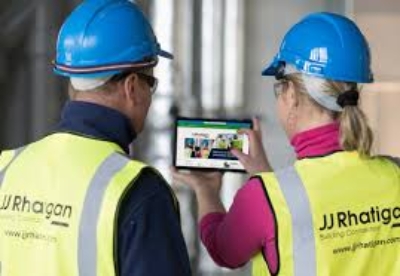
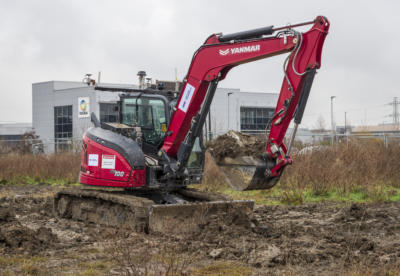
 (300 x 250 px).jpg)




